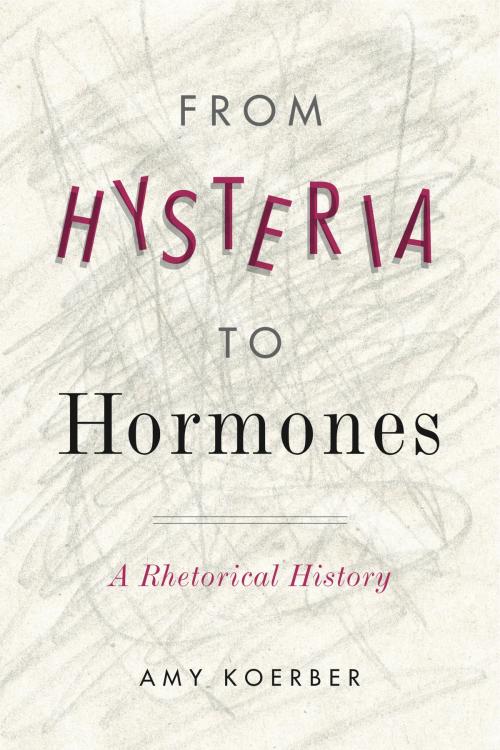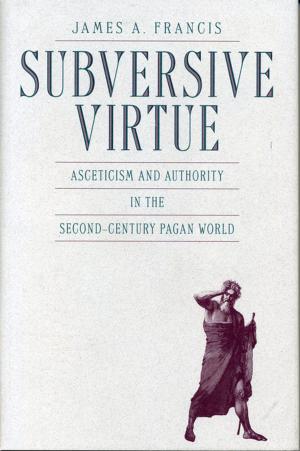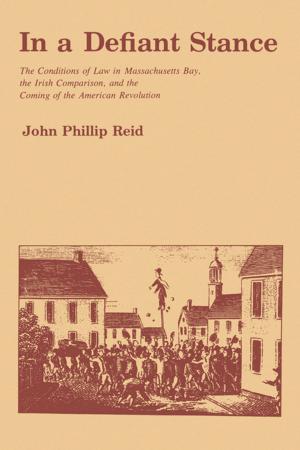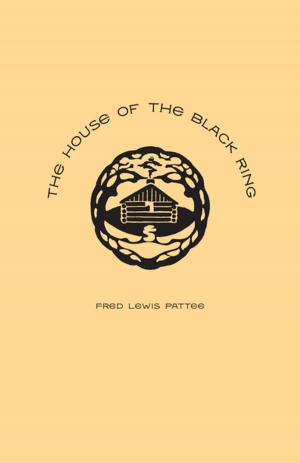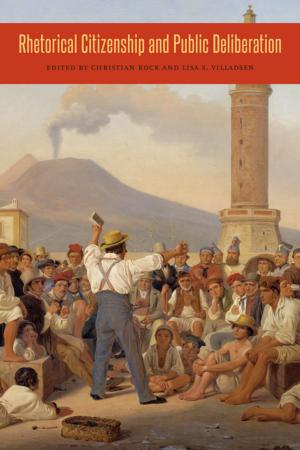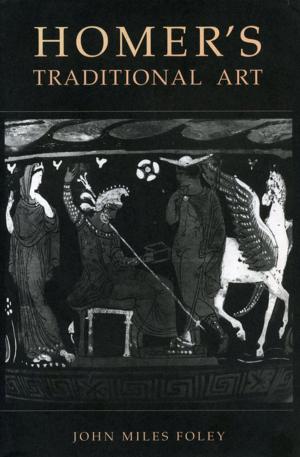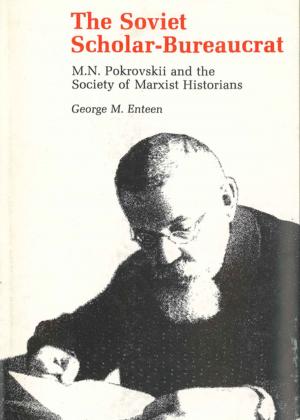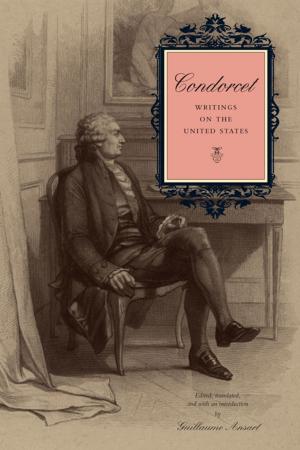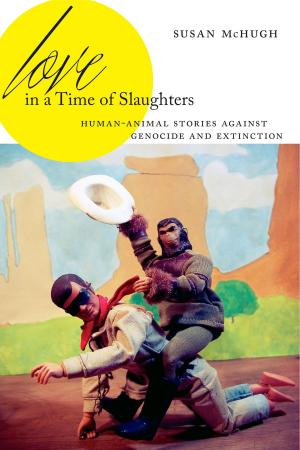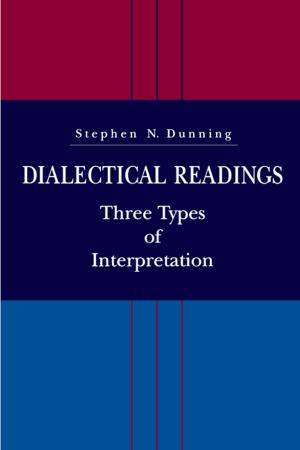From Hysteria to Hormones
A Rhetorical History
Nonfiction, Health & Well Being, Medical, Specialties, Gynecology & Obstetrics, Science & Nature, Science, Other Sciences, History, Health, Women&| Author: | Amy Koerber | ISBN: | 9780271081557 |
| Publisher: | Penn State University Press | Publication: | May 4, 2018 |
| Imprint: | Penn State University Press | Language: | English |
| Author: | Amy Koerber |
| ISBN: | 9780271081557 |
| Publisher: | Penn State University Press |
| Publication: | May 4, 2018 |
| Imprint: | Penn State University Press |
| Language: | English |
In From Hysteria to Hormones, Amy Koerber examines the rhetorical activity that preceded the early twentieth-century emergence of the word hormone and the impact of this word on expert understandings of women’s health.
Shortly after Ernest Henry Starling coined the term “hormone” in 1905, hormones began to provide a chemical explanation for bodily phenomena that were previously understood in terms of “wandering wombs,” humors, energies, and balance. In this study, Koerber posits that the discovery of hormones was not so much a revolution as an exigency that required old ways of thinking to be twisted, reshaped, and transformed to fit more scientific turn-of-the-century expectations of medical practices. She engages with texts from a wide array of medical and social scientific subdisciplines; with material from medical archives, including patient charts, handwritten notes, and photographs from the Salpêtrière Hospital, where Dr. Jean Charcot treated hundreds of hysteria patients in the late nineteenth century; and with current rhetorical theoretical approaches to the study of health and medicine. In doing so, Koerber shows that the boundary between older, nonscientific ways of understanding women’s bodies and newer, scientific understandings is much murkier than we might expect.
A clarifying examination of how the term “hormones” preserves key concepts that have framed our understanding of women’s bodies from ancient times to the present, this innovative book illuminates the ways in which the words we use today to discuss female reproductive health aren’t nearly as scientifically accurate or socially progressive as believed. Scholars of rhetoric, gender studies, and women’s health will find Koerber’s work provocative and valuable.
In From Hysteria to Hormones, Amy Koerber examines the rhetorical activity that preceded the early twentieth-century emergence of the word hormone and the impact of this word on expert understandings of women’s health.
Shortly after Ernest Henry Starling coined the term “hormone” in 1905, hormones began to provide a chemical explanation for bodily phenomena that were previously understood in terms of “wandering wombs,” humors, energies, and balance. In this study, Koerber posits that the discovery of hormones was not so much a revolution as an exigency that required old ways of thinking to be twisted, reshaped, and transformed to fit more scientific turn-of-the-century expectations of medical practices. She engages with texts from a wide array of medical and social scientific subdisciplines; with material from medical archives, including patient charts, handwritten notes, and photographs from the Salpêtrière Hospital, where Dr. Jean Charcot treated hundreds of hysteria patients in the late nineteenth century; and with current rhetorical theoretical approaches to the study of health and medicine. In doing so, Koerber shows that the boundary between older, nonscientific ways of understanding women’s bodies and newer, scientific understandings is much murkier than we might expect.
A clarifying examination of how the term “hormones” preserves key concepts that have framed our understanding of women’s bodies from ancient times to the present, this innovative book illuminates the ways in which the words we use today to discuss female reproductive health aren’t nearly as scientifically accurate or socially progressive as believed. Scholars of rhetoric, gender studies, and women’s health will find Koerber’s work provocative and valuable.
